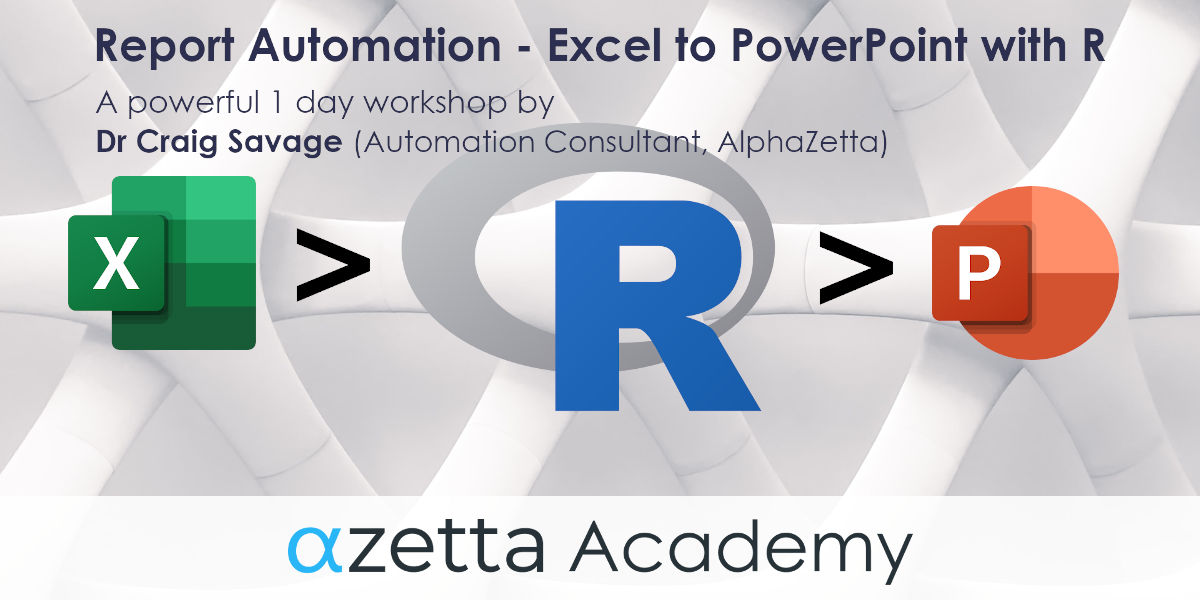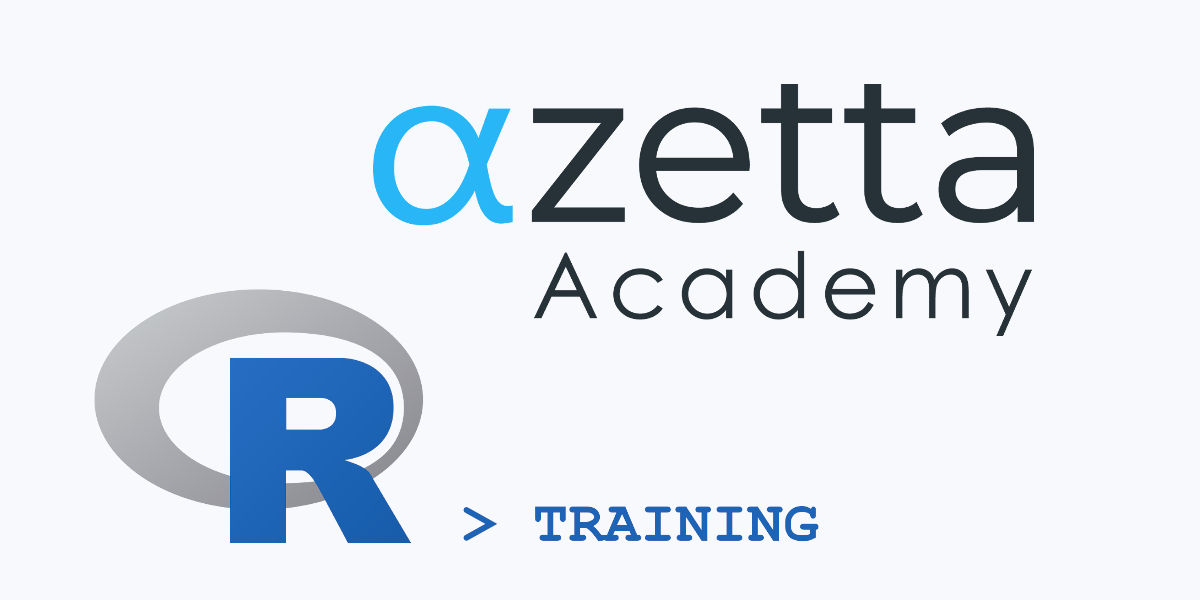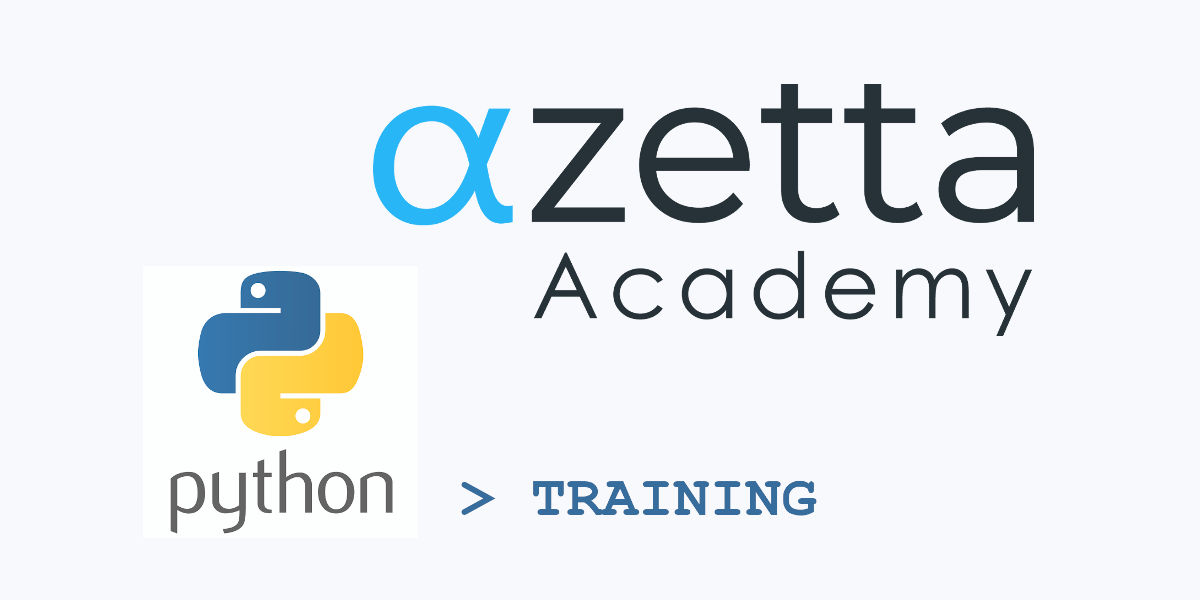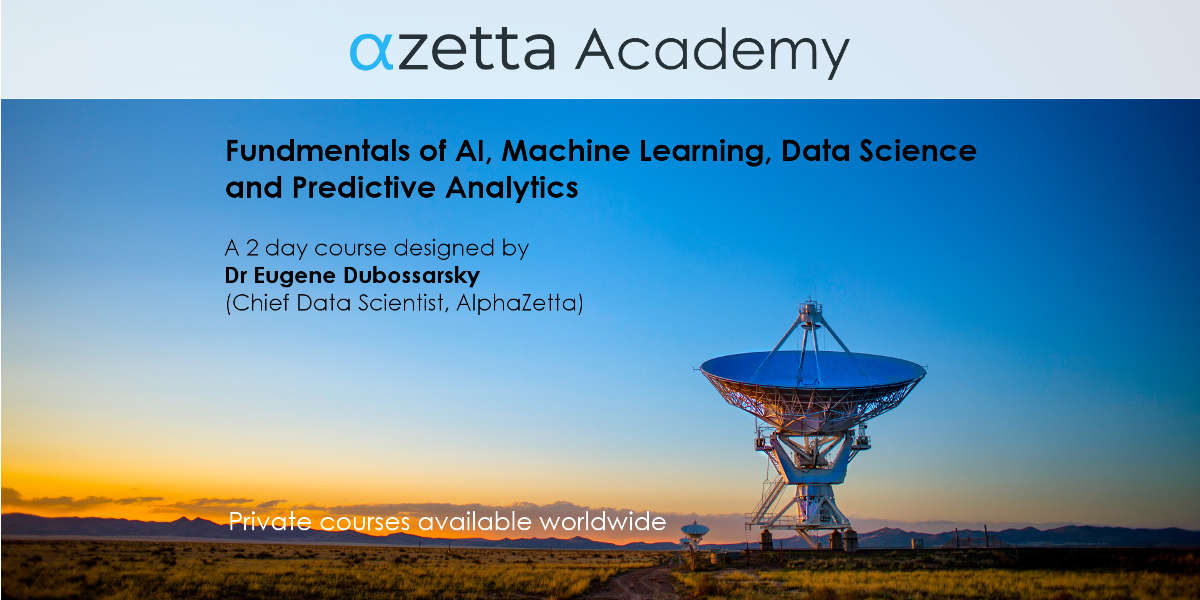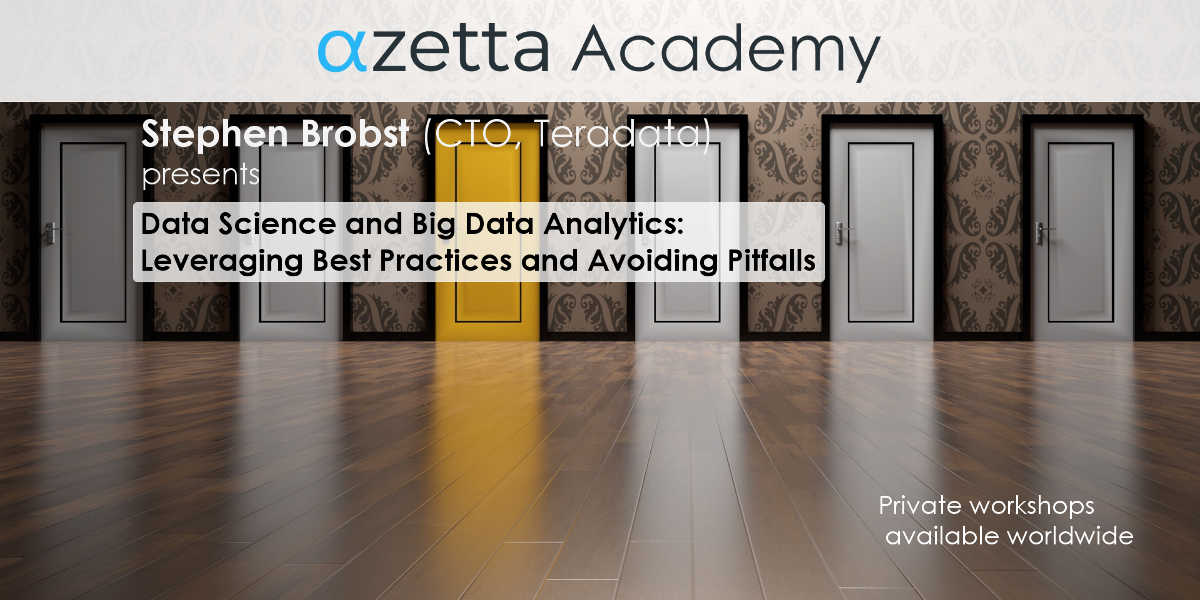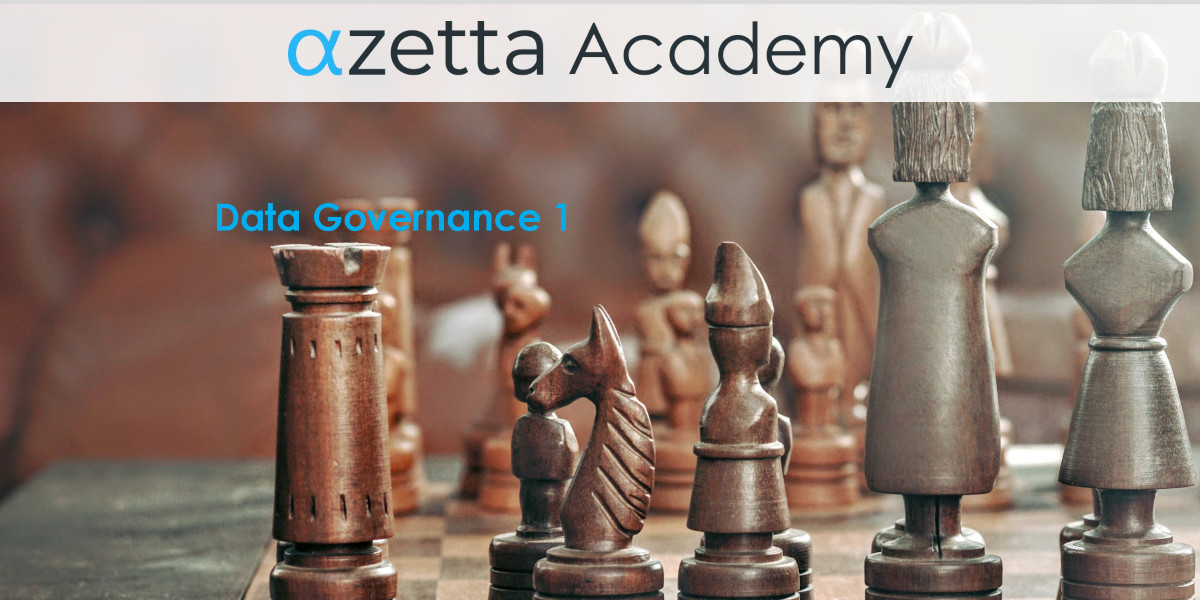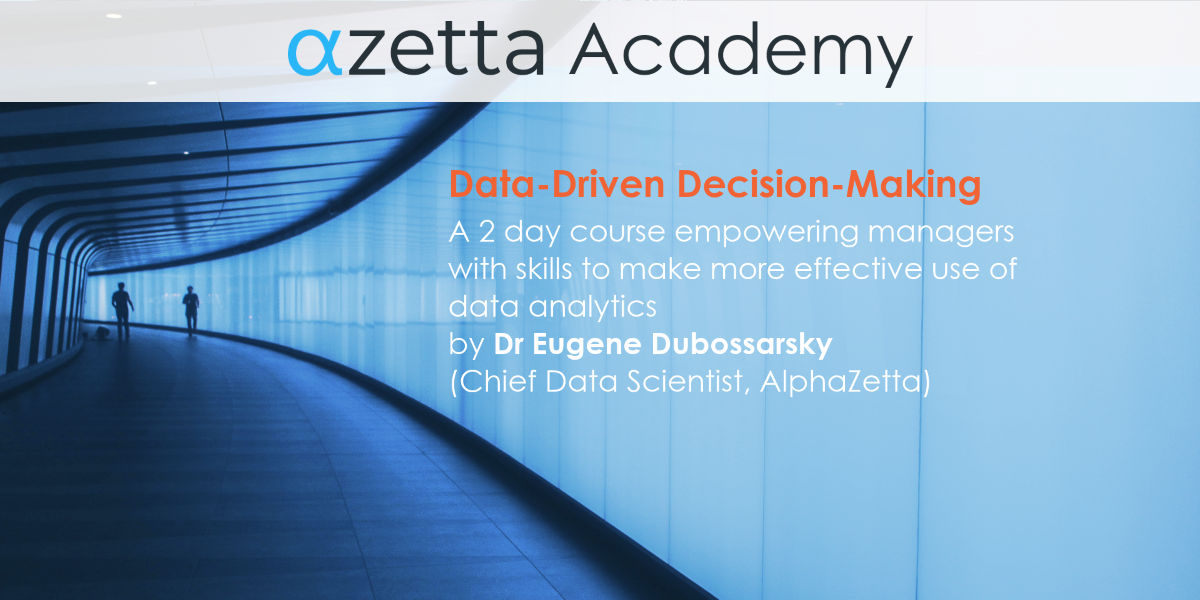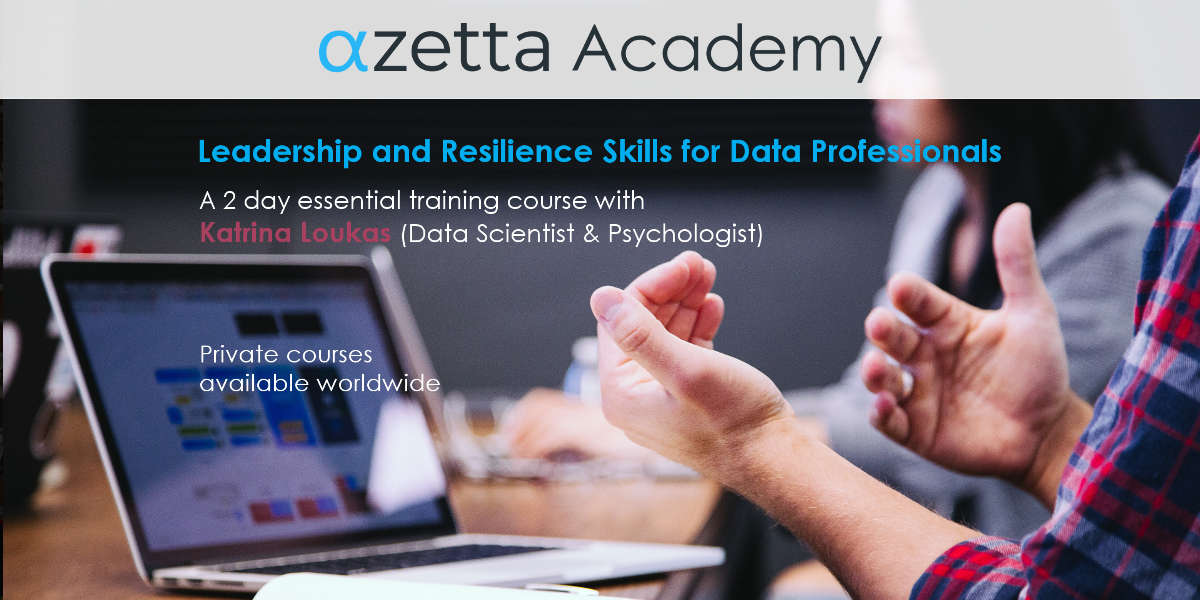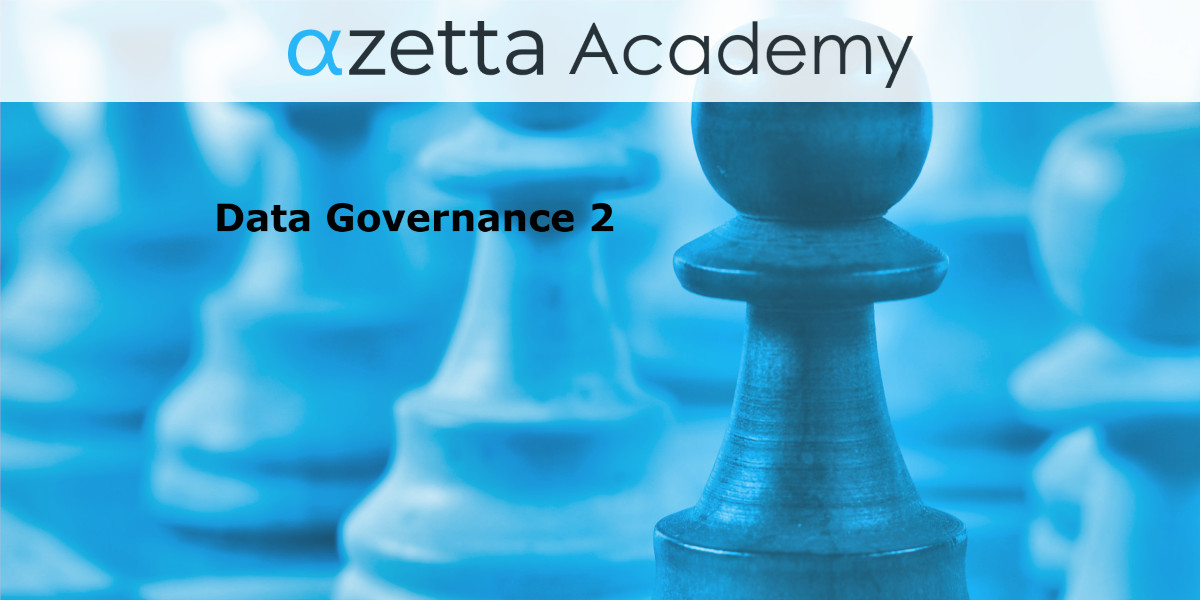This is the curriculum for IT professionals, data engineers, data analysts, and those supporting data science. The levels build up on another, each block represents a class of two days.
Report Automation – Excel to PowerPoint with R
Report automation can deliver powerful, time-saving results. This course teaches analytics professionals to automate the creation of PowerPoint packs from input Excel workbooks using R. Time is allotted for students to implement techniques taught so that, by the end of the course, students will have wrangled input data, created plots and tables, defined a PowerPoint template, and built a sample set of slides.

